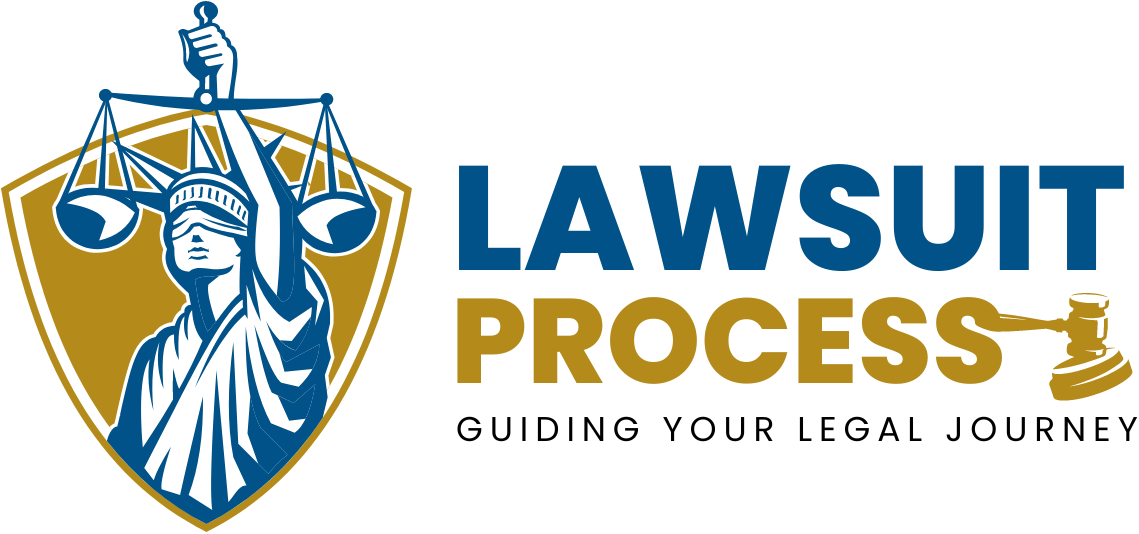An executor plays a crucial role in managing and distributing the assets of a deceased person’s estate, according to the instructions laid out in a will. While executors are generally expected to act in good faith and follow legal procedures, there are instances where they may fail to meet their fiduciary obligations. This can lead to what is known as executor misconduct. If you or another party believe that an executor has engaged in misconduct, a legal avenue known as an executor misconduct lawsuit is available. This article will discuss the lawsuit process in detail, including the types of executor misconduct, the steps involved in filing a lawsuit, and what to expect throughout the legal proceedings.
What Is Executor Misconduct?
Executor misconduct occurs when an executor fails to carry out their fiduciary duties in accordance with the law and the decedent’s will. Executors are legally required to act in the best interests of the beneficiaries and the estate. When they act in a way that breaches their duty, they may be subject to legal action.
Common examples of executor misconduct include:
- Self-Dealing: When an executor uses estate assets for personal benefit or takes actions that benefit themselves over the beneficiaries.
- Failure to Distribute Assets: If the executor fails to distribute the estate’s assets according to the will in a timely manner.
- Mishandling Estate Funds: This can include using estate funds improperly, co-mingling funds, or making poor investment decisions that harm the estate.
- Lack of Communication: An executor is expected to keep beneficiaries informed. If they fail to do so, this may be considered misconduct.
- Fraud: This involves intentional deception or falsifying documents to misappropriate estate funds or assets.
- Negligence: When an executor fails to perform their duties, causing delays or financial harm to the estate.
Legal Grounds for Filing an Executor Misconduct Lawsuit
Before filing a lawsuit, it is essential to establish whether the executor’s actions (or lack thereof) warrant legal action. The following legal grounds can justify a lawsuit against an executor:
- Breach of Fiduciary Duty: Executors have a fiduciary duty to act in the best interests of the estate and its beneficiaries. If they fail to do so, beneficiaries can sue for breach of this duty.
- Fraudulent Activity: Misappropriating assets, hiding information, or lying about the estate’s financial status are considered fraud and can lead to legal consequences.
- Negligence: Executors must manage the estate with care. If they act negligently, causing harm to the estate or beneficiaries, they can be sued.
- Failure to Follow the Will: If an executor distributes assets in a manner contrary to the decedent’s will, this may be grounds for legal action.
Steps in the Executor Misconduct Lawsuit Process
The lawsuit process for executor misconduct involves multiple steps. Below is a detailed outline of what to expect when pursuing legal action.
1. Gather Evidence
Before filing a lawsuit, you need to gather sufficient evidence that demonstrates the executor’s misconduct. Examples of evidence include:
- Bank records and financial statements showing misappropriation of funds.
- Correspondence that reflects the executor’s failure to communicate or distribute assets.
- Documents showing fraud, such as altered financial statements or falsified signatures.
- Testimonies from witnesses who can attest to the executor’s improper actions.
Having strong evidence is critical to building a solid case against the executor.
2. Attempt to Resolve the Issue Outside of Court
In many cases, beneficiaries may want to resolve the matter outside of court through mediation or negotiations. Sending a formal letter to the executor outlining the issues and requesting an amicable resolution may avoid a lengthy legal process. If the executor agrees to rectify their behavior or resign, a lawsuit may not be necessary.
However, if the executor refuses to cooperate, pursuing legal action becomes the next step.
3. File a Petition to Remove or Surcharge the Executor
Filing a petition in probate court is the formal beginning of the lawsuit process. You or your attorney will need to file a petition to remove or surcharge the executor. A petition for removal seeks to have the executor removed from their role. A petition to surcharge seeks financial compensation from the executor for any losses caused by their misconduct.
This petition will outline the executor’s breaches and the evidence supporting these claims. The court will then review the petition and determine whether to hold a hearing.
4. Court Proceedings
Once a petition is filed, the court will schedule hearings to review the case. Both sides—the beneficiaries and the executor—will have the opportunity to present their arguments. The judge will consider the following factors:
- The severity of the executor’s misconduct.
- The impact of the misconduct on the estate and its beneficiaries.
- Any defense presented by the executor.
During this phase, you may be required to provide witness testimonies, expert opinions (e.g., forensic accountants), and other relevant evidence.
5. Court’s Decision
After reviewing the evidence and hearing both sides, the court will make a decision. The court can take several actions, including:
- Removal of the Executor: If the court finds that the executor has engaged in misconduct, they may be removed from their position. A new executor may be appointed, or a co-executor may take over the responsibilities.
- Surcharging the Executor: If the executor’s actions resulted in financial loss to the estate, the court may order the executor to compensate the estate or beneficiaries.
- Other Penalties: In extreme cases, such as fraud or embezzlement, the court may impose criminal penalties or refer the matter to law enforcement.
6. Appeal (If Necessary)
If either party disagrees with the court’s decision, they may have the right to appeal. The appellate process involves submitting the case to a higher court, which will review whether any legal errors were made during the original trial.
Challenges and Considerations
Pursuing an executor misconduct lawsuit can be complex and time-consuming. Here are some common challenges and considerations:
1. Burden of Proof
The burden of proof falls on the party filing the lawsuit (the beneficiaries). You must demonstrate that the executor engaged in misconduct, and the standard of proof varies depending on the type of claim (e.g., fraud claims often require clear and convincing evidence).
2. Legal Costs
Lawsuits can be expensive, particularly if the case drags on or requires expert witnesses. However, some states allow beneficiaries to recover legal fees from the estate if the executor is found to have engaged in misconduct.
3. Length of the Process
Probate court cases, including executor misconduct lawsuits, can take months or even years to resolve, especially if the case is complex or if the executor is uncooperative. Be prepared for a lengthy process.
4. Family Dynamics
Executor misconduct lawsuits often arise in emotionally charged situations, such as family disputes. Filing a lawsuit can exacerbate tensions among family members, so it’s important to weigh the emotional impact before proceeding with legal action.
Preventing Executor Misconduct
While executor misconduct can sometimes be unavoidable, there are steps that individuals can take to minimize the risk of future issues. These include:
- Choosing the Right Executor: When drafting a will, it’s important to select an executor who is trustworthy, responsible, and capable of managing complex financial matters.
- Appointing Co-Executors: Some individuals choose to appoint multiple executors to provide checks and balances. Co-executors can monitor each other’s actions and ensure transparency.
- Clear Communication: Beneficiaries should maintain open lines of communication with the executor to ensure that they are kept informed about the estate’s progress.
- Seeking Legal Advice Early: If beneficiaries notice any red flags, such as delayed distributions or financial irregularities, they should seek legal advice promptly.
Conclusion
Executor misconduct can have serious financial and emotional consequences for beneficiaries and the estate as a whole. Filing an executor misconduct lawsuit is a way to hold the executor accountable and ensure that the decedent’s wishes are honored. However, the process is often complex and requires thorough evidence and legal expertise. Beneficiaries should carefully consider their options, gather evidence, and consult with an attorney before pursuing legal action.
While lawsuits can help remedy executor misconduct, preventing it from happening in the first place is always the best course of action. Clear communication, careful selection of an executor, and early intervention can all help ensure a smooth estate administration process.










